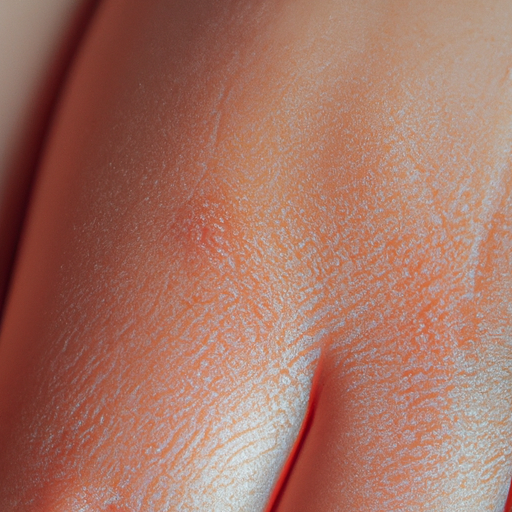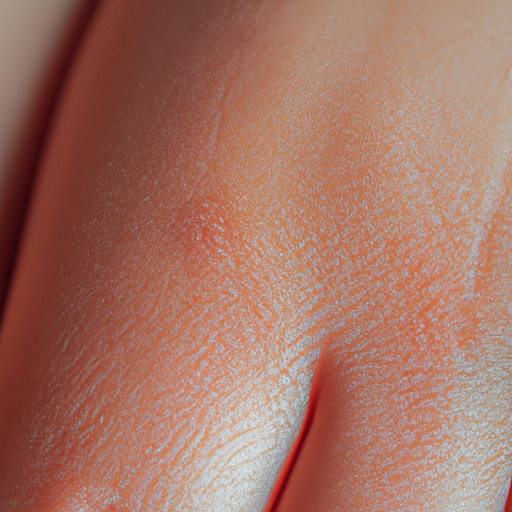As a medical professional, I am often asked about the best ways to maintain healthy, radiant skin. One of the most effective ways to achieve this is through regular face exfoliation. Unmasking your skin’s natural radiance is not a complex process, but it does require understanding the basics of skin structure and the benefits of exfoliation.
Our skin, the largest organ of our body, is constantly regenerating itself. Old skin cells are shed and replaced by new ones. However, these old cells don’t always slough off as they should, leading to dull, dry skin or even acne. This is where exfoliation comes into play. Exfoliation is the process of removing these dead skin cells from the surface of your skin, either through physical means like a scrub or chemical means like an acid-based exfoliant.
Exfoliation has numerous benefits. Firstly, it unclogs pores, reducing the likelihood of breakouts. By removing the layer of dead skin cells, you’re also allowing your skincare products to penetrate more deeply and work more effectively. Moreover, regular exfoliation can stimulate collagen production, which helps to keep your skin looking youthful and firm.
However, it’s essential to exfoliate correctly to avoid damaging your skin. Over-exfoliation can lead to redness, irritation, and even cause your skin to produce more oil as a protective response. As a general rule, most people should exfoliate 1-2 times per week. If you have sensitive skin, once a week or even every other week may be sufficient.
When choosing an exfoliant, consider your skin type and needs. Physical exfoliants, like scrubs or brushes, work by using tiny granules to manually remove dead skin cells. These can be effective but can also be too harsh for sensitive or acne-prone skin. On the other hand, chemical exfoliants use ingredients like alpha and beta hydroxy acids to dissolve the bonds between dead skin cells, allowing them to be easily rinsed away. These can be gentler and more effective than physical exfoliants, but they can also cause sensitivity to the sun, so be sure to use a good sunscreen.
Remember, exfoliation is not a one-size-fits-all process. What works for your friend may not work for you. It’s important to listen to your skin and adjust your routine as necessary. If you’re unsure, a dermatologist can provide personalized advice based on your skin type and concerns.
In conclusion, regular and proper exfoliation is a key component in maintaining healthy, radiant skin. It helps to remove dead skin cells, unclog pores, and allow skincare products to penetrate more deeply. However, it’s important to exfoliate correctly and choose the right type of exfoliant for your skin type. With the right approach, you can unmask your skin’s natural radiance and keep it looking fresh and youthful.
As a doctor, I urge you to remember that while achieving radiant skin is a worthy goal, it should never come at the expense of your skin’s health. Always prioritize gentle, effective care over harsh treatments or quick fixes. After all, your skin is with you for life – treat it with the respect and care it deserves.




